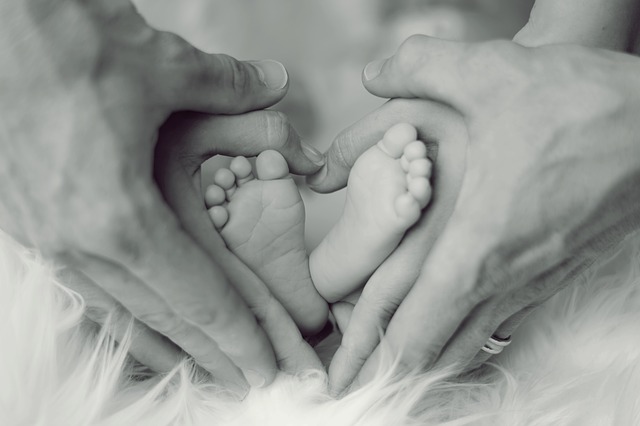New research looks into the effects of maternal depression on the emotional well-being of children.
Maternal depression can occur during and after pregnancy, with the physical and emotional changes the body goes through during pregnancy thought to play a role. Other risk factors can include stress, a history of depression, or bipolar disorder. Symptoms may include depressed mood, difficulty bonding with the baby, withdrawing from friends and family, fatigue, appetite changes, feelings of inadequacy, and fear of not being a good mother.
New research suggests that maternal depression may interfere with the child’s emotional well-being. A Finnish study published in the Journal of Child Psychology and Psychiatry examined the relationship between maternal depression and the effect on children.
A total of 1,667 mothers and 1,598 fathers participated in the study. The participants completed questionnaires at 32 weeks gestation as well as three months, eight months, and two years after the birth of the baby. These questionnaires asked questions about depressive symptoms. At the time the children were two and five years of age, the parents also received questionnaires that asked questions about the children’s emotional and behavioural characteristics, which included questions about hyperactivity, aggressiveness, and anxiety.
The study found that maternal depression was associated with an increased risk of the child’s emotional problems. Paternal depression was associated with an increased risk of child emotional problems only if the mother also suffered from depression. Paternal depression alone did not appear to have a correlation with childhood emotional problems.
This study suggests that maternal depression could be linked to emotional or behavioral problems in the child. However, more research is needed to determine the validity of this correlation.
Written by Avery Bisbee
References:
Even mother’s mild depressive symptoms affect the child’s emotional well-being. (2019, September 23). Retrieved from https://www.eurekalert.org/pub_releases/2019-09/nifh-emm092319.php
Pietikainen, J. T., Kiviruusu, O., Kylliainen, A., Polkki, P., Saarenpaa-Heikkila, O., Paunio, T., & Paavonen, E. J. (2019). Maternal and paternal depressive symptoms and children’s emotional problems at the age of 2 and 5 years: a longitudinal study. Journal of Child Psychology and Psychiatry. doi: 10.1111/jcpp.13126
Postpartum depression. (2018, September 1). Retrieved from https://www.mayoclinic.org/diseases-conditions/postpartum-depression/symptoms-causes/syc-20376617
Image by Andreas Wohlfahrt from Pixabay



